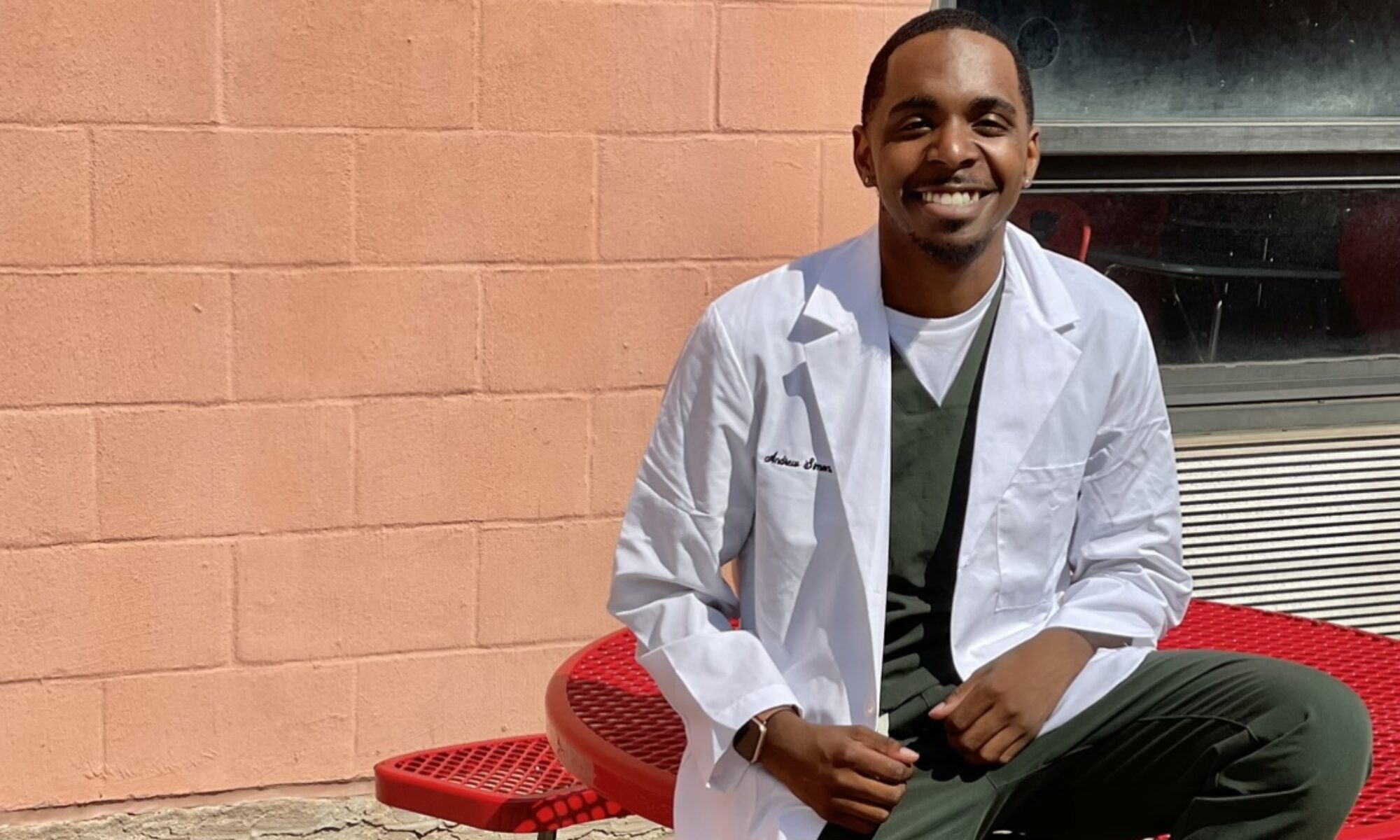Clinical Correlations: Final Reflections
My final professor for Clin Corr was Professor Maida. At this time of Clin Corr, I felt more equipped in terms of developing a differential diagnosis and a plan for management.
For content and focus, I felt that I did understand the topics and felt comfortable presenting my topic which was on the specifics on a MonoSpot Test. For logic & flow, I felt that I needed better logic on why I should order a lab test if it wont change management. Also, I needed to learn how to manage a patient out of an ER setting. In terms of Analysis and Communication, i felt I clearly stated my ideas while learning different thought processes from my classmates.
Comparison to Beginning Clinical Correlations I in the Summer
* What’s New?
-We were expected to know how to diagnose, manage in an efficient manner as opposed to just ordering tests or treatment “just because”. For example, Professor Maida stressed the importance of avoiding unnecessary antibiotic prescriptions. Other teachers stressed this as well, but in clin corr, we saw how overprescribing antibiotics made it difficult to assess our patient if they returned for follow up.
* What Skills I’ve Developed?:
- Modifying differential diagnosis (ddx) as information is being provided. For example, in a ddx for a pt with viral symptoms the ddx is broad. As we get more history from the patient and obtain lab results, they can rule in or rule out information .
- Interpreting lab results and imaging.
- Performing a focused physical examination according to pt’s history
* What Was Surprising or Challenging?:
- It was surprising to see that even in the cases presented to us, providers still make obvious errors. More specifically, Professor Maida presented a case where the provider missed a 3rd kidney on a pediatric patient on an ultrasound. If Professor Maida did not insist there was an issue with his patient due to her persistent elevated WBC, she may have had a different outcome.
- It was, and still is difficult to make a comprehensive ddx list, but it improved with time and will improve more on rotations.
* Where I Need More Work During Clinical Year?:
- For the clinical year I would like to focus on being able to take a complete history with an actual patient. Oftentimes during clinical visits I would get interrupted because a nurse or a team of doctors/PA’s entered the room. In clinical year I hope to get the necessary information from a patient in a decent amount of time.
* What resources did you find most helpful – which ones will you use going forward in the clinical year?
- UptoDate
- MdCalc
- WikEM
* What have you learned about yourself through this class?
- I have learned that I tend to jump to a specific diagnosis if the patient’s clues are leading me in that direction, however I have to keep a broad diagnosis until i find a definitive answer or I will get stuck in “the rabbit hole” as Professor Lopez taught us.
* Have you changed your opinions/beliefs about any aspects of practice as a result of this course?
-No
* What would you advise the students in the class behind you about this course?
- Don’t be afraid to speak out. It’s okay to be wrong and learn from your mistakes. It’s better to learn in the classroom setting than on an actual patient.
- Put time and effort into your presentations because those topics will likely come up in other class discussions and especially on tests. Also, after presenting, a professor may ask questions so you should be ready to answer with the research you’ve done.


